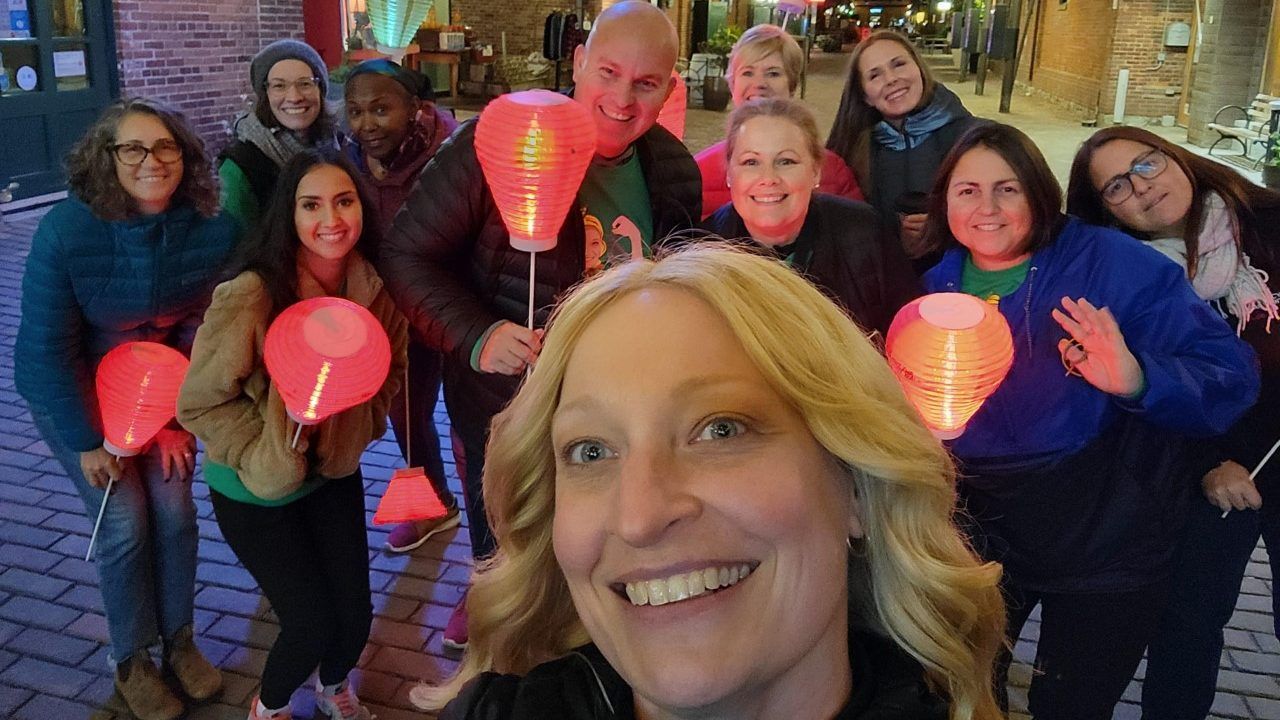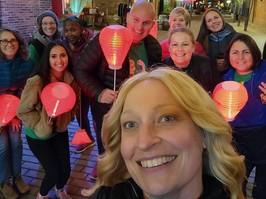he wishes he knew it much sooner.
“the mistake that i made is i didn’t use those ears that were around me,” he says. “so talk to people.
“to the health system – it’s important to provide the option to patients to have access to a psychologist or to groups where patients can express themselves, among themselves, and share their emotions.”
lymphoma coalition turning information into action
warwick and all the members of the lymphoma coalition are working tirelessly to break down barriers and have their voices heard by the institutions that can make a difference.
the immediate efforts focus on more awareness for the emotional and mental health of lymphoma patients, which comes through a myriad of campaigns, a video series and other informational materials to provide to patient associations, member associations, thought leaders at in-person events, regulatory bodies and community advisory boards.
after awareness comes practice, where warwick hopes to see more implementation of mental health screening processes and trials to continue to improve the treatment of lymphoma patients living with psychosocial issues.
“as this becomes more of a priority even from a trial perspective or what doctors are seeing from different opportunities that are coming into the clinic, it may help them integrate things differently into their general practice as well,” she says. “so we’re constantly trying to think of different ways that we can pull this back into larger-scale conversation.”
 8 minute read
8 minute read




















